Introduction
Have you ever come home after a social event and felt a deep, unexplained sadness? You’re not alone. Many people experience depression after social interactions, even if they seem to enjoy the time spent with friends and family. It’s a confusing and often emotionally draining experience that can leave us questioning our mental health and well-being.
I remember one particular social gathering where everything seemed perfect. I laughed, connected, and even felt good in the moment. But as soon as I got home, negative emotions hit me. My energy levels plummeted, and I felt an overwhelming sense of persistent sadness. This experience made me realize how important it is to understand why this happens and how to cope with it.
In this blog post, we’ll explore the reasons behind feeling depressed after socializing and share practical tips to manage these feelings. Whether you’re dealing with social anxiety, low energy, or simply feeling drained after social interactions, there is hope and help available. Let’s connect on this journey and find ways to support our mental health together.
Understanding the Feeling
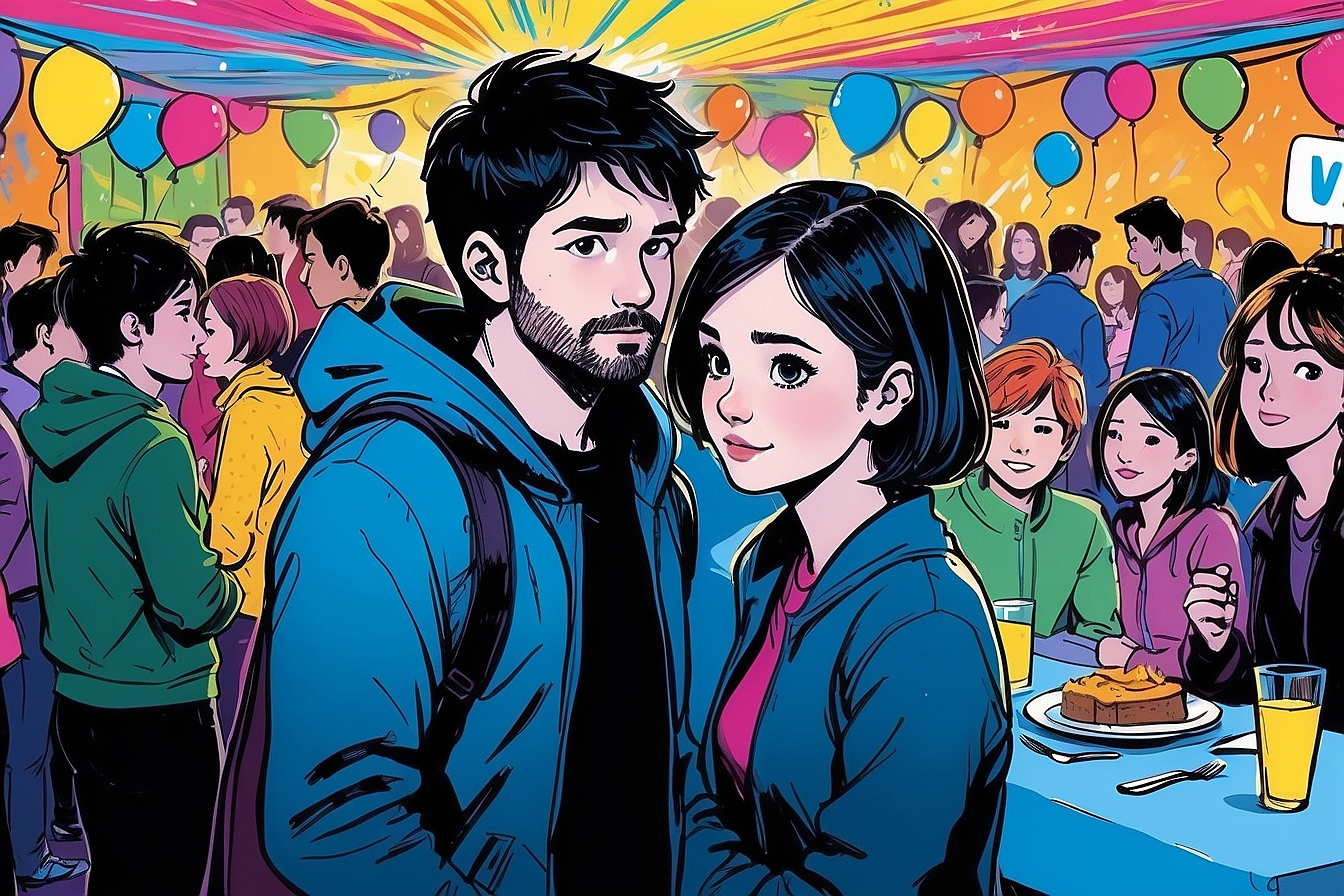
Common Symptoms and Signs
After a social event, it’s normal to feel a range of emotions, but when these feelings become overwhelming or persist, they can indicate a deeper issue. Some common symptoms and signs include:
Low energy or fatigue
A sense of persistent sadness
Negative thoughts about social interaction
Feeling emotionally drained
Difficulty engaging in simple tasks
Withdrawal from social contact
Recognizing these signs early can help you take steps to manage your feelings and improve your well-being.
Differences Between Introverts and Extroverts
Both introverts and extroverts can experience depression after socializing, but their experiences might differ. Large events frequently drain introverts, who need time alone to recharge. For them, socializing can be emotionally draining and may lead to depressive symptoms if they don’t get enough rest.
On the other hand, even extroverts, who typically gain energy from social interactions, can feel a crash after the high of being with others. This can happen when their energy levels drop, or if they experience a mismatch between their expectations and reality.
Psychological and Emotional Aspects
Feeling depressed after socializing involves complex psychological and emotional aspects. It’s not just about being tired. The emotions you feel might be linked to social anxiety, negative self-talk, or unresolved feelings about past social experiences. Understanding these aspects can help you manage your mood and improve your overall mental health.
If you find that social events consistently trigger depression, it might be helpful to speak with a mental health professional. They can provide strategies to cope and help you understand your feelings better.
Remember, it’s okay to feel sad after socializing. Recognizing these feelings and knowing when to seek support can make a significant difference.
Personal Stories and Experiences
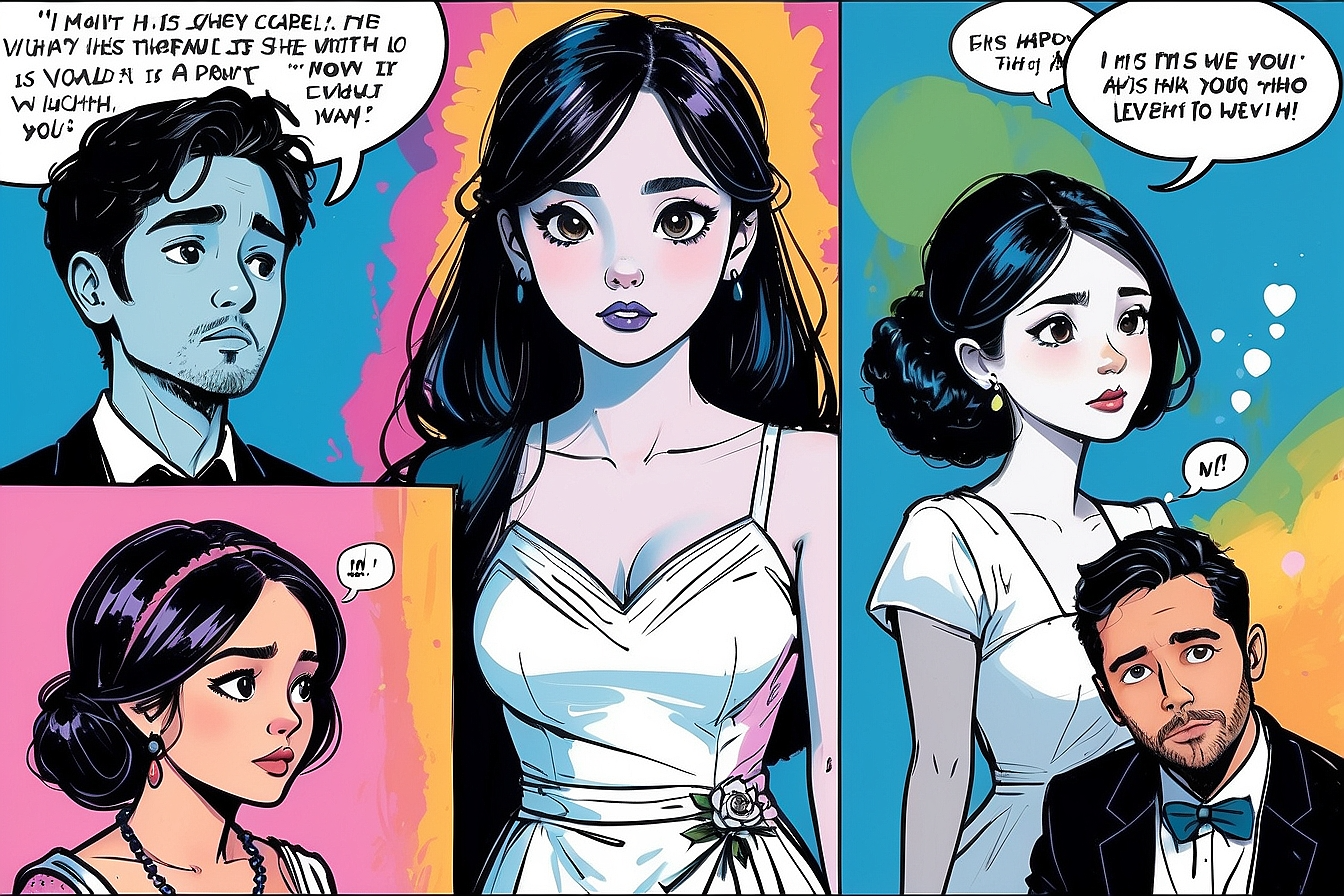
Narratives from People Who Experience This Feeling
Many people share their struggles with feeling depressed after social interactions. Here are a few stories that highlight different perspectives:
Jane’s Story:
Jane is an introvert who enjoys spending time with her close friends. However, after any social gathering, she feels a deep sadness. “I remember attending my best friend’s wedding,” she says. “I had a wonderful time, but as soon as I got home, I felt completely drained and depressed. It was like a dark cloud settled over me.”
Tom’s Story:
Tom is an extrovert who thrives on social contact. He loves going to large events and meeting new people. But sometimes, after these events, he feels an inexplicable sadness. “After a big party, I should feel happy, but instead, I feel a crash. It’s as if all the positive energy is gone, and I’m left with negative thoughts,” Tom explains.
Sarah’s Story:
Sarah struggles with social anxiety. She pushes herself to attend social events because she wants to build relationships. Yet, these interactions often leave her feeling emotionally drained. “Even when I enjoy myself, I can’t shake off the negative emotions that follow. It’s like my anxiety has a delayed reaction,” Sarah shares.
Possible Triggers and Situations
Several triggers and situations can lead to depression after socializing:
High Expectations: When social events don’t meet our high expectations, it can lead to disappointment and negative emotions.
Overstimulation: Being around many people and noise can be emotionally draining, especially for those sensitive to sensory input.
Social Anxiety: Fear of judgment or making mistakes during social interactions can cause lingering anxiety and depression.
Personal Insecurities: Worries about appearance, behavior, or acceptance can resurface after social gatherings, triggering negative thoughts.
Energy Depletion: Spending time with others requires energy. When our energy levels are low, we might feel depressed afterward.
Life Events: Recent events such as a loss or major change can amplify negative emotions after socializing.
Understanding these triggers can help you recognize patterns and take steps to manage your feelings better. Whether it’s through self-care, seeking support, or talking to a mental health professional, there are ways to cope with the emotional aftermath of social interactions.
Possible Causes
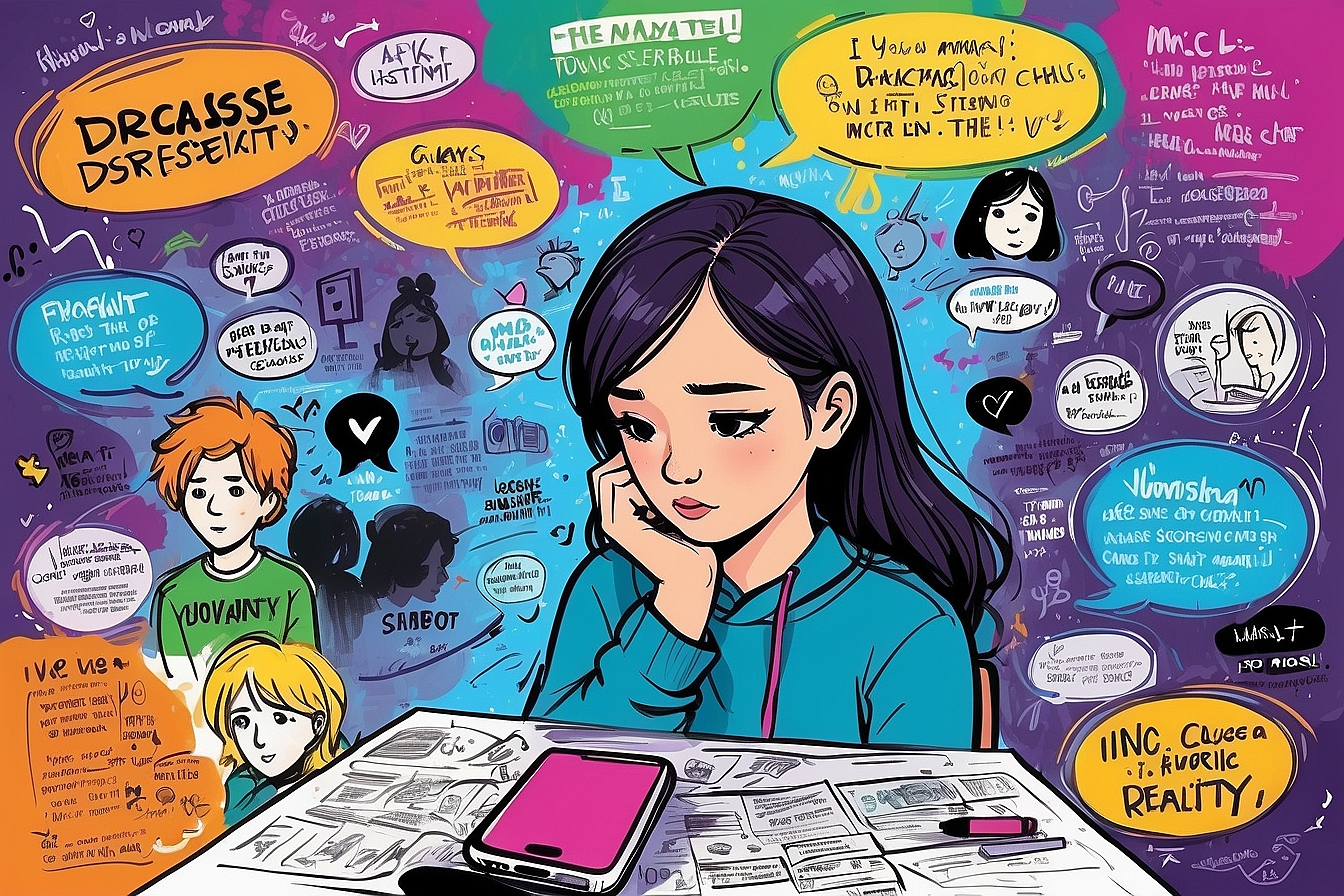
Social Anxiety
Social anxiety can be a major cause of feeling depressed after social interactions. People with social anxiety often fear judgment or rejection during social events. They might worry about saying the wrong thing or appearing awkward. These worries can persist even after the event is over, leading to negative emotions and persistent sadness. The stress of anticipating these interactions can also leave them feeling emotionally drained.
High Expectations and Reality Mismatch
Sometimes, our expectations for a social event don’t match reality. We might expect to have a great time, feel connected, and leave with positive memories. When the reality falls short of these expectations, it can lead to disappointment and depressive symptoms. This mismatch can make us feel like we’ve failed or are not good enough, triggering negative thoughts and sadness.
Overstimulation and Exhaustion
Social interactions can be overstimulating, especially in busy or noisy environments. This overstimulation can lead to exhaustion, both physically and emotionally. When we are overstimulated, our brains struggle to process all the information, leading to feeling drained and low energy. This exhaustion can trigger depression after the event, as our bodies and minds need time to recover.
Recognizing these causes can help us understand why we feel this way and take steps to manage our feelings. Whether it’s addressing social anxiety, adjusting our expectations, or finding ways to cope with overstimulation, there are strategies we can use to improve our mental health and well-being after social interactions.
Coping Mechanisms
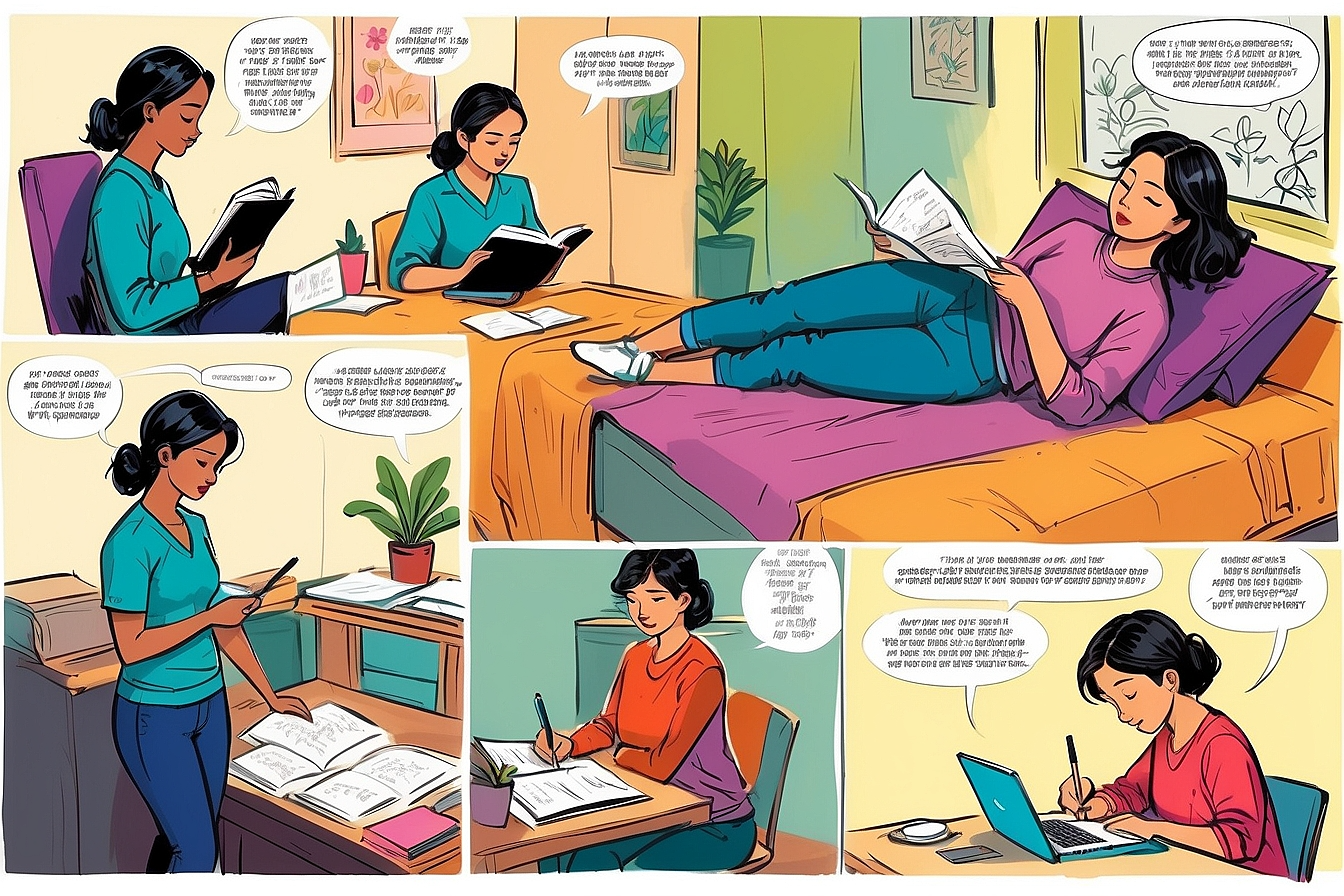
Immediate Steps to Take After Socializing
After a social event, taking immediate steps to care for your mental health can make a big difference. Here are some tips:
Practice Self-Care: Engage in activities that help you relax and recharge. This could be reading, taking a bath, or listening to soothing music.
Spend Time Alone: Allow yourself some quiet time to process your feelings and recover your energy levels.
Physical Activity: A short walk or gentle exercise can help improve your mood and reduce negative emotions.
Reflect on Positive Moments: Focus on the positive aspects of the social interaction to counterbalance any negative thoughts.
Reach Out to a Trusted Friend: Talk to someone who understands and supports you. Sharing your feelings can lighten the emotional load.
Long-Term Strategies
Building long-term strategies can help you manage depression after social interactions more effectively:
Set Boundaries: Know your limits, and don’t be afraid to say no to social events that you find overwhelming.
Plan for Recovery Time: Schedule time for rest and self-care after social gatherings to ensure you have time to recharge.
Develop Coping Skills: Learn techniques such as deep breathing, mindfulness, or journaling to help manage anxiety and negative emotions.
Engage in Regular Physical Activity: Regular exercise can boost your mood and overall well-being.
Foster Close Relationships: Build and maintain relationships with people who understand and support you. These connections can provide emotional support when you need it.
Professional Help and Therapy Options
If your feelings of depression after socializing are persistent or severe, seeking professional help can be very beneficial:
Therapists and Counselors: A mental health professional can help you explore the underlying causes of your depression and develop personalized coping strategies.
Support Groups: Joining a support group can provide a sense of community and understanding. Sharing experiences with others who face similar challenges can be very comforting.
Cognitive Behavioral Therapy (CBT): This type of therapy helps you identify and change negative thought patterns and behaviors that contribute to depression.
Medication: In some cases, taking medication that a doctor has prescribed can help you manage depressive symptoms and enhance your quality of life.
Taking these steps can help you manage the emotional aftermath of social interactions and improve your overall mental health. Remember, it’s important to be kind to yourself and recognize that it’s okay to need time and support to feel better.
Self-Care Tips
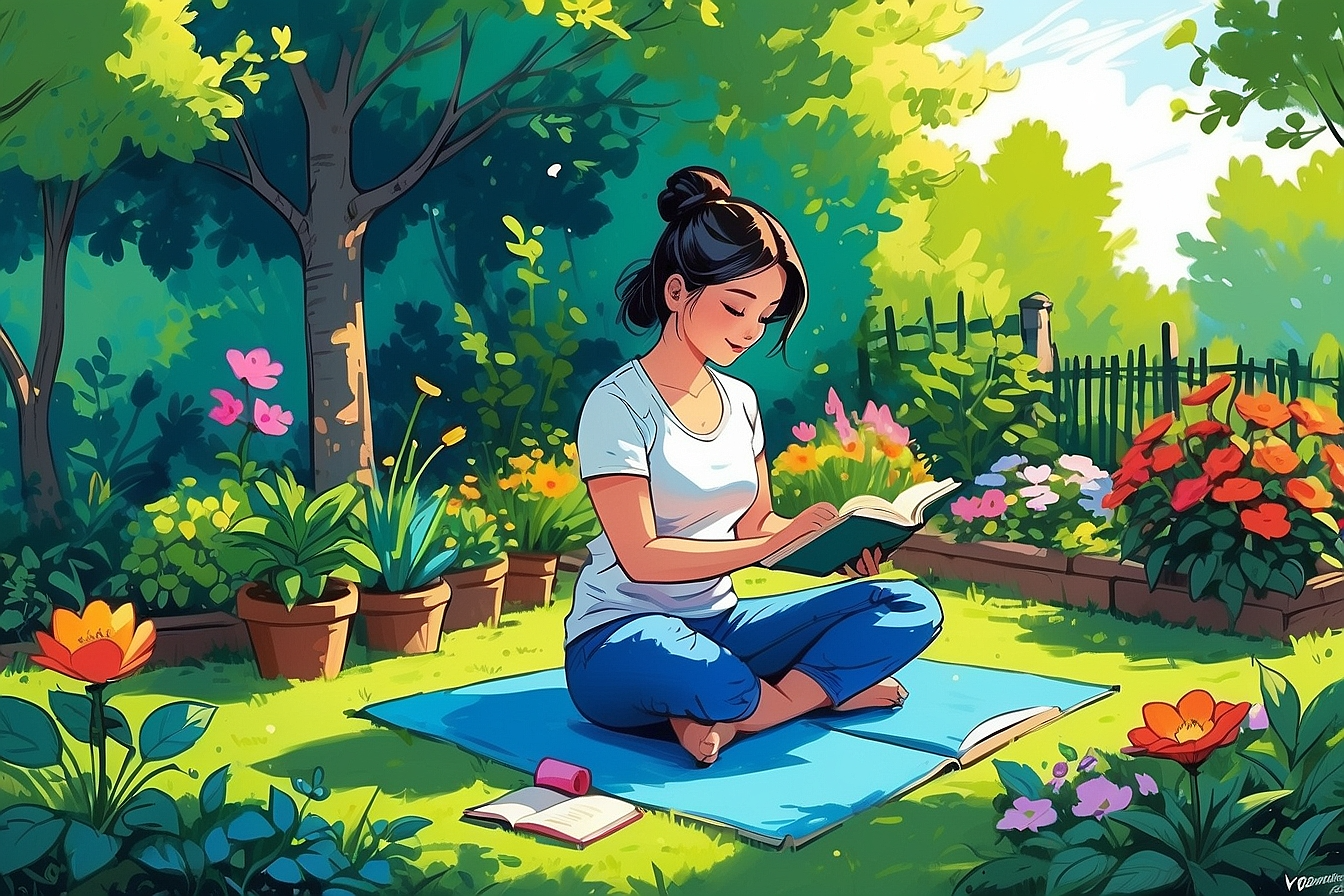
Relaxation Techniques
Relaxation techniques can help you unwind and manage stress after social interactions. Here are a few methods to consider:
Deep Breathing: To calm your mind and body, practice deep, slow breaths. Inhale deeply through your nose, hold for a few seconds, and exhale slowly through your mouth.
Meditation: Spend a few minutes to clear your mind and reduce negative emotions. Focus on your breath or use a guided meditation app.
Progressive Muscle Relaxation: Tense and slowly relax each muscle group in your body, starting from your toes and working your way up to your head.
Listening to Music: Play your favorite calming music to soothe your mind. Music can be a powerful tool for shifting your mood and helping you feel more relaxed.
Hobbies and Interests to Rejuvenate
Participating in activities that you enjoy can help rejuvenate your energy levels and improve your well-being:
Reading: Lose yourself in a good book to escape and relax.
Art and Craft: Engage in creative activities like drawing, painting, or knitting to express yourself and focus your mind.
Gardening: Spend time outdoors tending to plants. Gardening can be therapeutic and a great way to connect with nature.
Cooking or Baking: Try out new recipes and enjoy the process of creating something delicious.
Exercise: Physical activity, such as yoga, walking, or dancing, can boost mood and energy.
Importance of Alone Time
Alone time is crucial for recharging your mental health and maintaining a balanced life:
Schedule Regular Breaks: Include regular breaks, especially after social events. This time can help you recover and process your feelings.
Create a Relaxing Space: Designate a space in your home where you can retreat and relax. Fill it with items that bring you comfort, such as soft pillows, blankets, or candles.
Unplug from Technology: Take a break from screens and social media. Use this time to reflect, relax, and engage in activities that make you feel good.
Journal Your Thoughts: Writing down your thoughts and feelings can help you better understand and process your emotions. It can also provide clarity and a sense of relief.
Incorporating these self-care tips into your routine can help you manage depressive symptoms and improve your overall well-being. Taking care of yourself is essential, especially after emotionally draining social interactions.
Building Healthy Social Habits
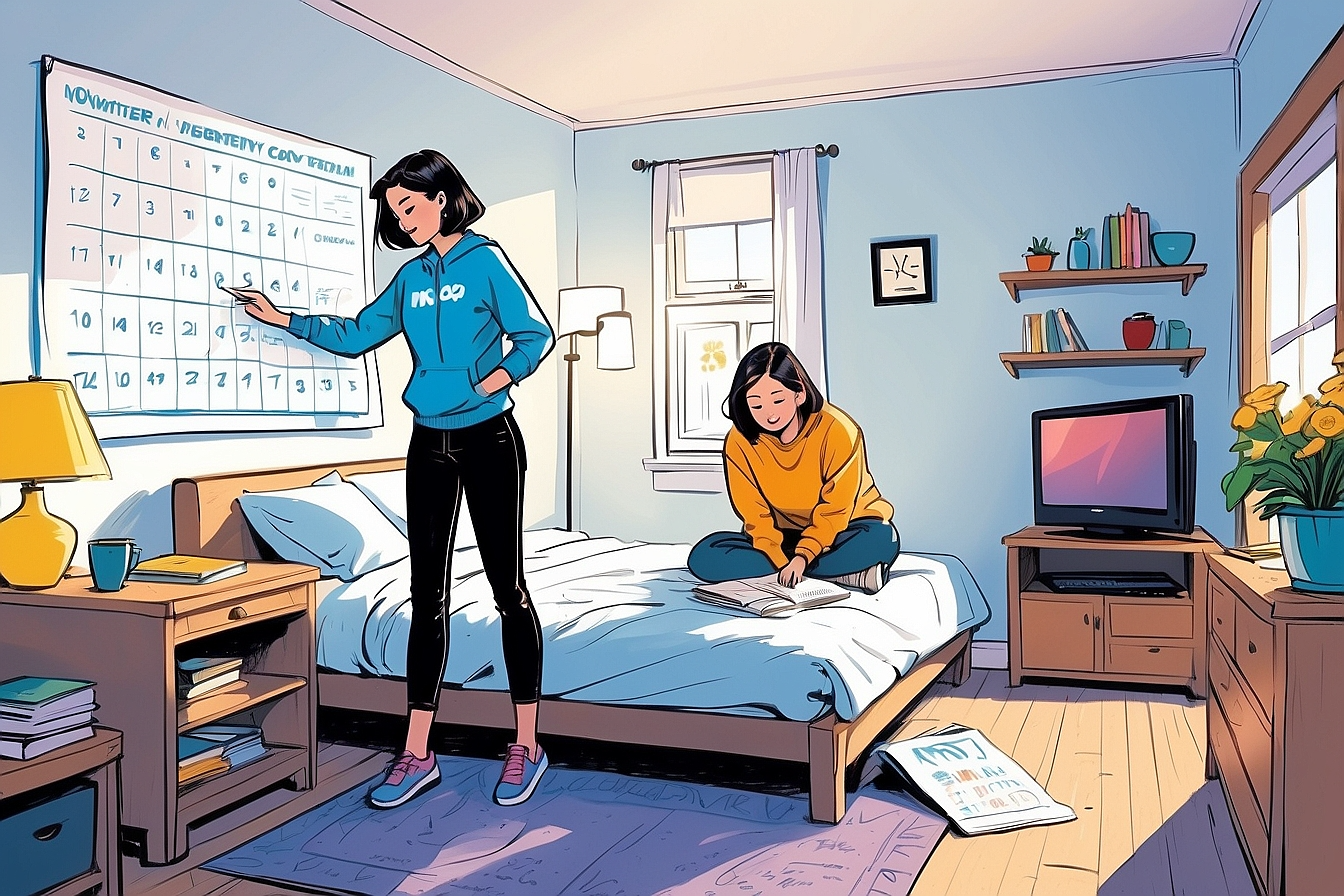
Setting Boundaries
Establishing clear boundaries can help protect your mental health and prevent negative emotions after social interactions:
Know Your Limits: Be honest about how much socializing you can handle. It’s okay to say no to social events that feel overwhelming.
Communicate Clearly: Let your friends and family know about your need for alone time and personal space. Clear communication can help others understand and respect your boundaries.
Stick to Your Plans: Once you’ve set a boundary, stick to it. Consistency is key to maintaining your well-being and managing anxiety.
Balancing Social Life and Personal Time
Finding the right balance between social life and personal time is essential for maintaining your well-being:
Plan Ahead: Schedule your social interactions and personal time in advance. This can help you avoid overcommitting and ensure you have enough time to recharge.
Prioritize Quality Over Quantity: Focus on spending meaningful time with a few close friends or family members rather than attending numerous social events.
Integrate Self-Care into Social Activities: Combine social interactions with activities that you find relaxing, such as having a quiet dinner with a close friend or going for a walk together.
Recognizing and Respecting Personal Limits
Understanding and respecting your limits can help you manage depressive symptoms and enjoy your social interactions more:
Pay Attention to Your Body: Listen to your body’s signals. If you start to feel drained or anxious, it’s a sign that you may need to take a break or step back.
Reflect on Past Experiences: Think about past social experiences and identify what worked well and what didn’t. Use this insight to guide your future social interactions.
Practice Self-Compassion: Be kind to yourself. It’s okay to have limits, and it’s important to honor them. Self-compassion can help you feel better about taking the time you need to recharge.
Building healthy social habits involves setting boundaries, balancing your social life with personal time, and recognizing your limits. Doing so allows you to enjoy social interactions without compromising your mental health.
Conclusion

Summary of Key Points
Feeling depressed after socializing is a common experience that many people face. We’ve discussed several aspects of this phenomenon:
Understanding the Feeling: Recognizing the symptoms and the differences between introverts and extroverts can help identify the issue.
Possible Causes: Social anxiety, high expectations, and reality mismatch, and overstimulation are key contributors to post-socialization depression.
Coping Mechanisms: Immediate steps like practicing self-care and long-term strategies such as setting boundaries and engaging in regular physical activity can help manage these feelings. Seeking professional help is also an important option.
Self-Care Tips: Incorporating relaxation techniques, engaging in hobbies, and ensuring enough alone time are essential for maintaining mental health.
Building Healthy Social Habits: Setting boundaries, balancing social life and personal time, and recognizing personal limits are crucial for preventing negative emotions after social interactions.
Encouragement and Positive Reinforcement
It’s important to remember that feeling sad or depressed after social events doesn’t mean there’s something wrong with you. It’s a natural response that many people experience. Understanding your feelings and taking proactive steps can improve your well-being and enjoy social interactions more fully.
You’re not alone in this journey. Many people struggle with similar feelings, and there is support available. Be kind to yourself and recognize that it’s okay to need time to recharge. Prioritize your mental health and seek support when needed.
Resources for Further Help
If you’re looking for more support or information, consider these resources:
Mental Health Professionals: Talking to a therapist or counselor can provide personalized strategies and support.
Support Groups: Joining a group of people with similar experiences can offer comfort and understanding.
Books and Articles: There are many resources available that discuss social anxiety, self-care, and managing depressive symptoms.
Online Communities: Forums and online support groups can provide a sense of community and shared experiences.
Taking care of your mental health is essential. Remember, seeking help and taking the time you need to feel better is okay. You deserve to feel good and enjoy your life.

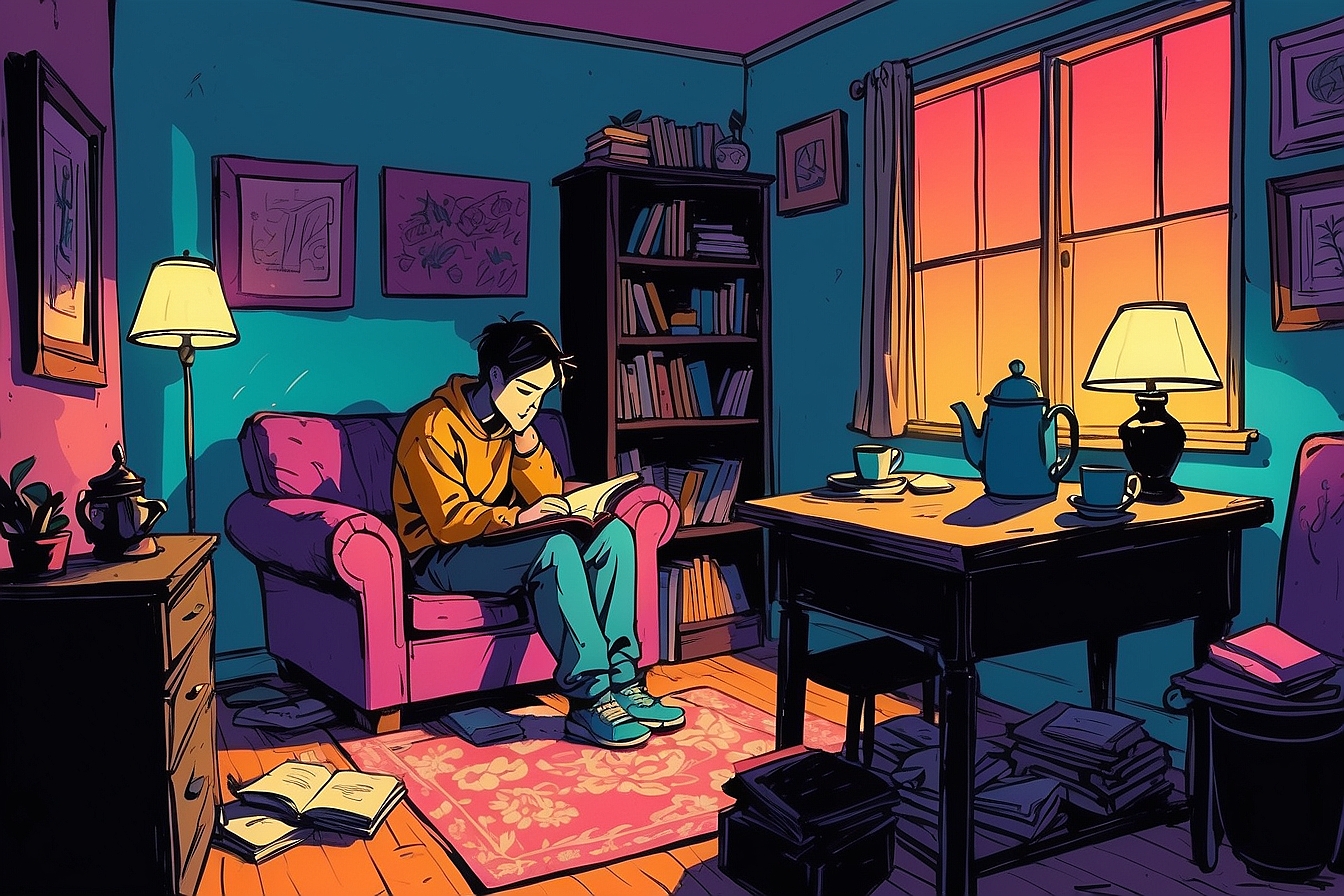





Leave a Reply